The following products are examples of Household Hazardous Waste that should be taken to the HHW Depot:
- Aerosol cans
- Adhesives
- Antifreeze
- Asphalt tar
- Automatic transmission fluid
- Batteries/Battery acid
- Brake fluid
- Bug & tar removers
- Car wax & polish
- Cooking oil
- Degreasers
- Disinfectant
- Drain cleaner
- Dye
- Engine flushes
- Flea collars
- Floor/furniture strippers & polishes
- Fungicide
- Gasoline
- Herbicides
- Household cleansers
- Jewelry cleaner
- Kerosene
- Lighter fluid
- Light bulbs (CFLs) and tubes
- Lubes
- Lye or caustic soda
- Motor oil & waste oils
- Nail polish
- Oil filters
- Oven cleaner
- Paint/stain
- Paint thinners
- Pesticides
- Pool chemicals
- Propane tanks (big & small)
- Roofing tar
- Rust-proofers
- Solvents
- Spot remover
- Syringes
- Turpentine
- Wood Preservative




